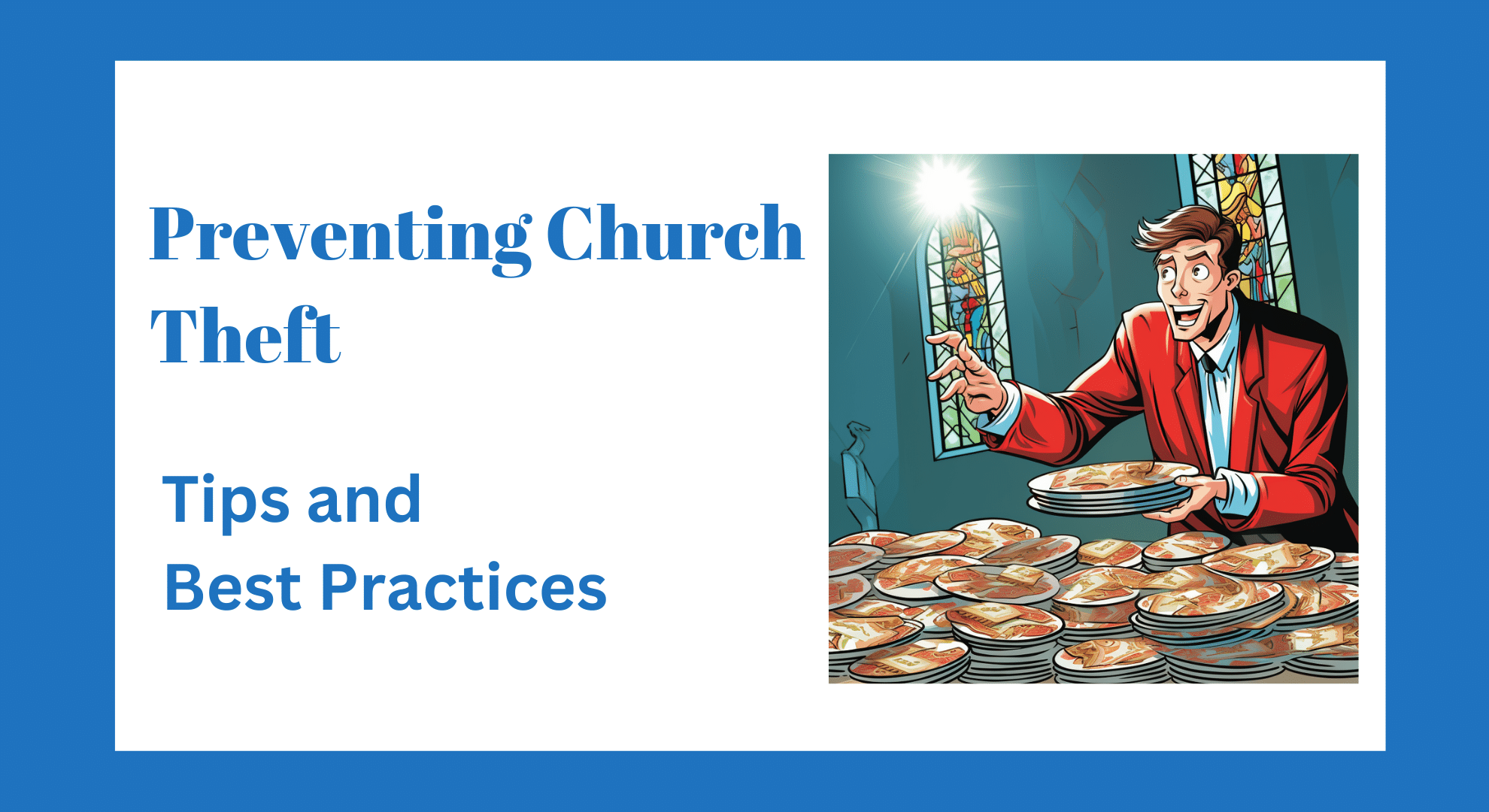
Payment Fraud Tests: Five Powerful Ideas
By Charles Hall | Auditing , Fraud
Are you looking for payment fraud tests? Ways to detect fraudulent payments and create unpredictable tests. Here’s your article.
You are leading the audit team discussion concerning disbursements, and a staff member asks, “Why don’t we ever perform fraud tests? It seems like we never introduce elements of unpredictability.”
You respond by saying, “Yes, I know the audit standards require unpredictable tests, but I’m not sure what else to do. Any fresh ideas?”
The staff member sheepishly responds, “I’m not sure.”
And you are thinking, “What can we do?”
Five Payment Fraud Tests
Here are five payment fraud tests that you can perform in most any audit.
1. Test for duplicate payments
Why test for duplicate payments?
Theft may occur as the accounts payable clerk generates the same check twice, stealing and converting the second check to cash. The second check may be created in a separate check batch, a week or two later. This threat increases if (1) checks are signed electronically or (2) the check-signer does not normally examine supporting documentation and the payee name.
How can you test for duplicate payments?
Obtain a download of the full check register in Excel. Sort by dollar amount and vendor name. Then investigate same-dollar payments with same-vendor names above a certain threshold (e.g., $25,000).
2. Review the accounts payable vendor file for similar names
Why test for similar vendor names?
Fictitious vendor names may mimic real vendor names (e.g., ABC Company is the real vendor name while the fictitious name is ABC Co.). Additionally, the home address of the accounts payable clerk is assigned to the fake vendor (alternatively, P.O. boxes might be used).
The check-signer will probably not recognize the payee name as fictitious.
How can you test for similar vendor names?
Obtain a download of all vendor names in Excel. Sort by name and visually compare any vendors with similar names. Investigate any near-matches.
3. Check for fictitious vendors
Why test for fictitious vendors?
The accounts payable clerk may add a fictitious vendor. What address will be entered for the fictitious vendor? You guessed it: the payable clerk’s home address (or P.O. Box).
Pay particular attention to new vendors that provide services (e.g., consulting) rather than physical products (e.g., inventory). Physical products leave audit trails; services, less so.
How can you test for fictitious vendors?
Obtain a download in Excel of new vendors and their addresses for a period of time (e.g., month or quarter). Google the business addresses to check for validity. If necessary, call the vendor. Or ask someone familiar with vendors to review the list (preferably someone without vendor set-up capabilities).

4. Compare vendor and payroll addresses
Why compare vendor and payroll addresses?
Those with vendor-setup ability can create fictitious vendors associated with their own home address. If you compare all addresses in the vendor file with addresses in the payroll file, you may find a match. (Careful – sometimes the match is legitimate, such as travel checks being processed through accounts payable.) Investigate any suspicious matches.
How can you test for the same vendor and payroll addresses?
Obtain a download in Excel of (1) vendor names and addresses and (2) payroll names and addresses. Merge the two files; sort the addresses and visually inspect for matches.
5. Scan all checks for proper signatures and payees
Why test checks for proper signatures and payees?
Fraudsters will forge signatures or complete checks with improper payees such as themselves.
How can you test for proper signatures and payees?
Pick a period of time (e.g., two months), obtain the related bank statements, and scan the checks for appropriate signatures and payees. Also, consider scanning endorsements (if available).
Your Payment Fraud Tests
Those are a few of my payment fraud tests. Please share yours.
Need additional ideas regarding how fraud might occur. Check out my post: 25 Ways Fraud Happens.
My fraud book provides more insights into why fraud occurs, how to detect it, and–most importantly–how to prevent it. Check it out on Amazon by clicking here. The book focuses on local government fraud, but most of the information is equally applicable to small businesses.








